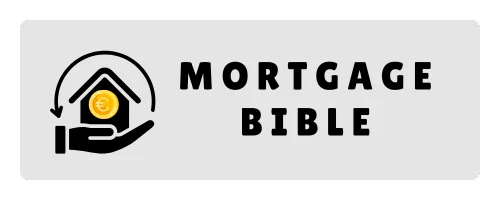A tracker mortgage is a type of home loan that follows, or “tracks,” the movement of a specific interest rate, usually the European Central Bank (ECB) rate or another benchmark rate. This means that when the benchmark rate changes, the interest rate on your mortgage also changes, typically by a set margin.
Key Features of Tracker Mortgages
- Variable Interest Rates: The interest rate on a tracker mortgage is not fixed; it fluctuates with the benchmark rate. This means monthly repayments can vary over time.
- Transparency: Tracker mortgages often offer clear terms regarding how the interest rate is calculated, making it easier for borrowers to understand how rate changes will affect their payments.
- Margin: Lenders add a margin to the benchmark rate—this is the extra percentage charged on top of the tracker rate. For example, if the ECB rate is 1% and your mortgage has a margin of 1%, your interest rate would be 2%.
- Initial Period: Some tracker mortgages may have a fixed tracking period where the rate is set for a specific duration before reverting to the variable terms.
- No Early Repayment Charges: Often, tracker mortgages come without penalties for early repayment, allowing borrowers to pay off their loans faster if they choose to do so.
Pros of Tracker Mortgages
- Potential for Lower Payments: If the benchmark rate decreases, your repayments could be lower compared to fixed-rate options.
- Flexibility: Borrowers can benefit from the potential to capitalize on favorable interest rate movements.
Cons of Tracker Mortgages
- Interest Rate Risk: If the benchmark rate rises, so will your mortgage repayments, which can lead to financial strain.
- Budgeting Challenges: The fluctuating nature of repayments can make it difficult to budget effectively.
When to Consider a Tracker Mortgage
Tracker mortgages can be a good option if you believe interest rates will remain stable or decrease over your mortgage period. They may also suit those who are financially prepared for potential rate increases and want more transparency in their borrowing terms.
Conclusion
Tracker mortgages can offer flexibility and potentially lower costs, but they come with risks due to their variable nature. It’s essential to assess your financial situation and market conditions to determine if a tracker mortgage is the right choice for you. Always consider consulting with a mortgage advisor to discuss your options and find the best mortgage type for your needs.
For more insights into different mortgage types and advice tailored to your needs, stay tuned to MortgageBible.ie!



